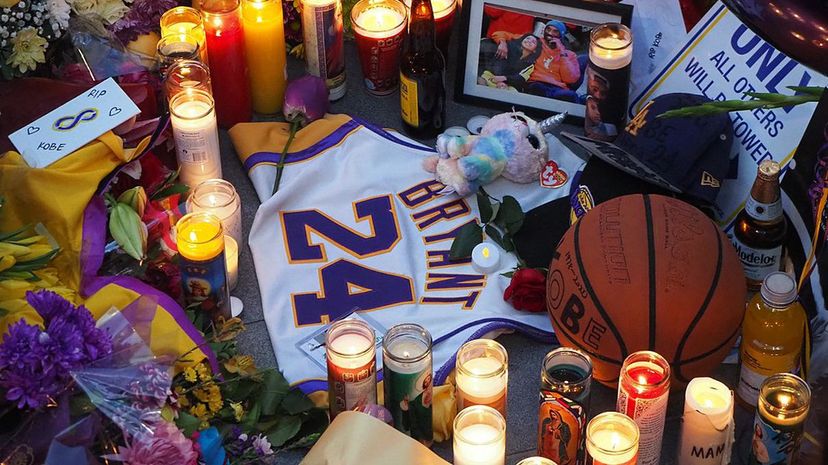
About This Quiz
It takes a lot of work to be considered one of the greatest basketball players in NBA history, but Kobe Bryant was willing to put it in day after day. In fact, his dedication to getting better was unmatched, and many other star players credit him as an inspiration both on and off the court. For Bryant, the quest for greatness was not just a mindset, though he was as mentally tough as they come, but was a way of life. He lived and breathed greatness and never settled for anything less than perfection.Â
Over the course of his career, he put his greatness on display night after night. Whether it was taking the last shot as the clock ran out or leading his team in scoring during the NBA Finals, there was never a moment too big for Bryant. He actually embraced the biggest moments, as he knew those times defined legacies.
Here's your chance to see how well you know the legacy he left behind. From individual awards to championships, this quiz covers it all. Will you be able to pull out your inner Kobe Bryant and overcome this challenge? If you think you can, gear up and give it your best shot!
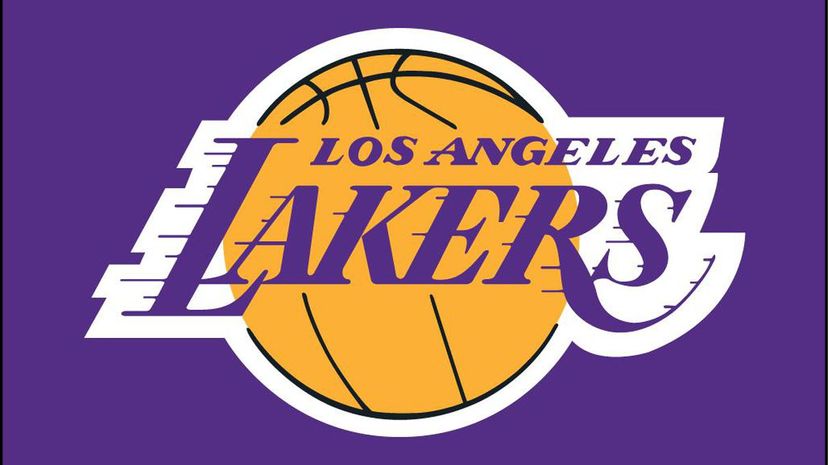
Already a star in the league, the Los Angeles Lakers immediately became Shaquille O'Neal's team when he joined them in 1996. His relationship with Kobe started off strong, as he credited Bryant for being willing to take shots in the 1997 NBA Playoffs despite shooting four straight airballs.
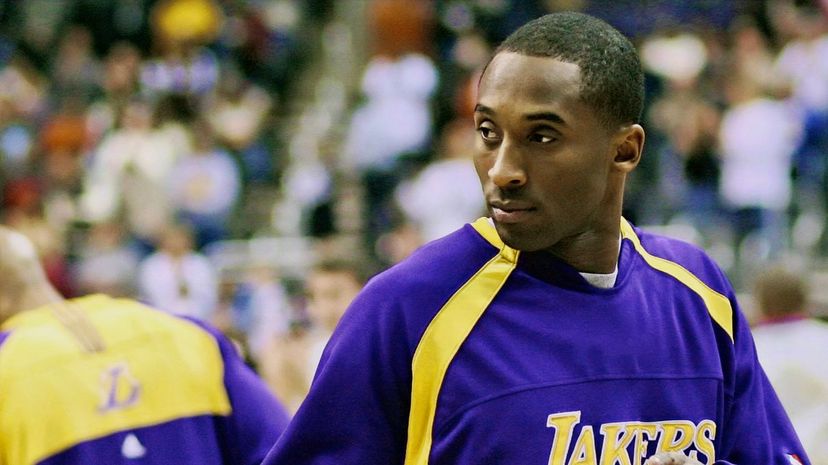
An off-the-court issue tarnished Kobe's name in 2003 when he was at the height of his career. To combat the backlash that followed him, Bryant gave himself the nickname "Black Mamba," which served as an alter ego when he was on the court.
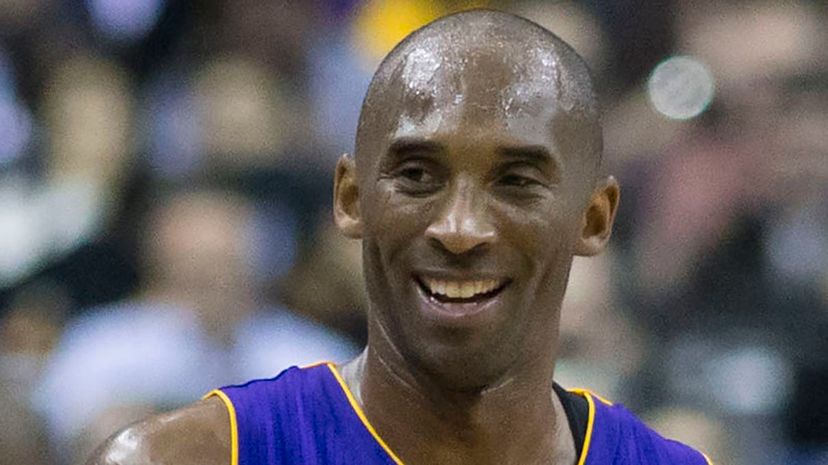
Initially, Kobe had plans to wear a jersey number other than No. 8, but his other top choices were either retired or worn by teammates. He decided to add together his numbers from his Adidas ABCD camp jersey, which came out to the number he started his career with, No. 8.
Advertisement
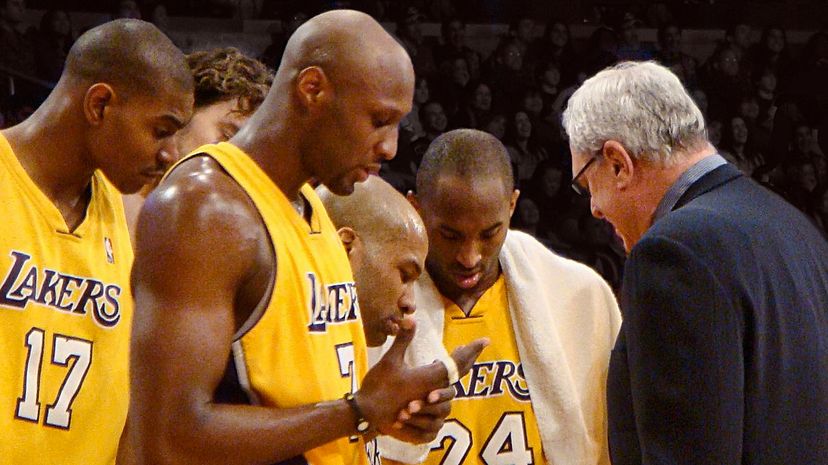
Phil Jackson departed the Los Angeles Lakers following their loss in the 2004 NBA Finals, and the Lakers had one of their worst seasons in years in 2004-05, missing the playoffs after posting a losing record. Jackson returned the next season and immediately led the Lakers back to the playoffs.
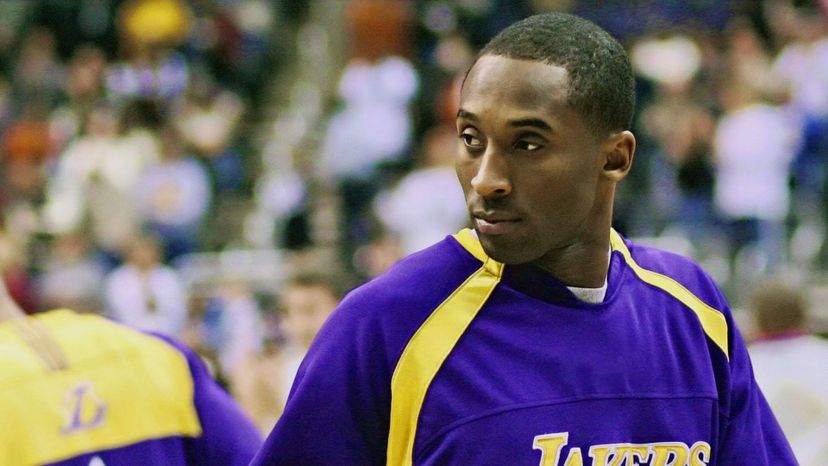
Before the 1996 NBA Draft took place, the Charlotte Hornets agreed to trade whoever they drafted with the 13th pick to the Los Angeles Lakers for Vlad Divac. On the day of the draft, the Lakers told the Hornets to select Kobe Bryant, who they had been scouting for weeks, and the deal was made.
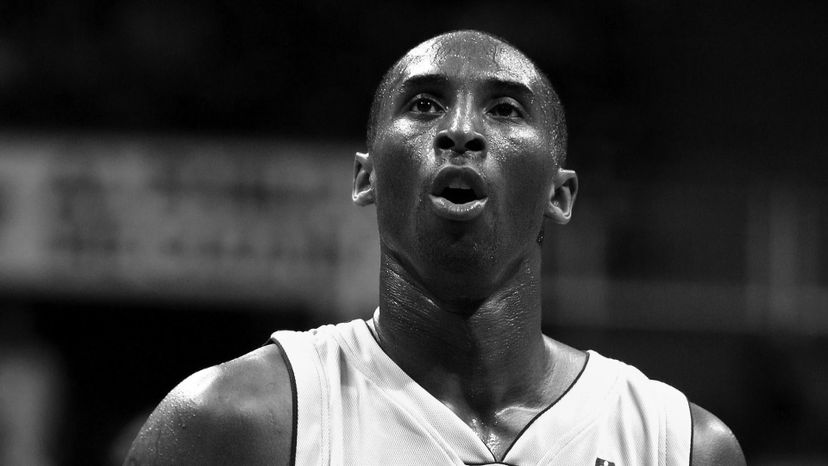
Kobe was one of the first basketball players to go straight from high school to the NBA when he elected to forgo college to enter the NBA Draft in 1996. Even though Bryant had been named the Naismith Prep Player of the Year, the move was still surprising because not many star players were doing it at the time.
Advertisement
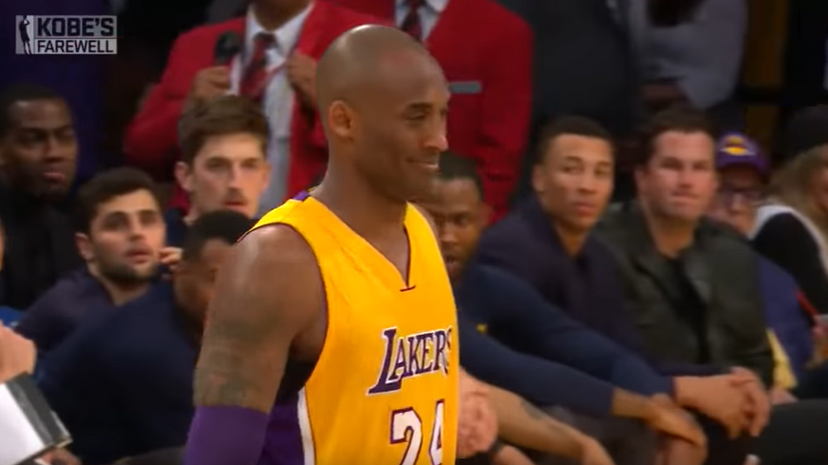
Kobe was challenged by Shaq to go out on a high note in his last NBA game. Bryant did just that against the Utah Jazz, scoring 60 total points with 23 coming in the fourth quarter, which was more than the entire Jazz team in that quarter.
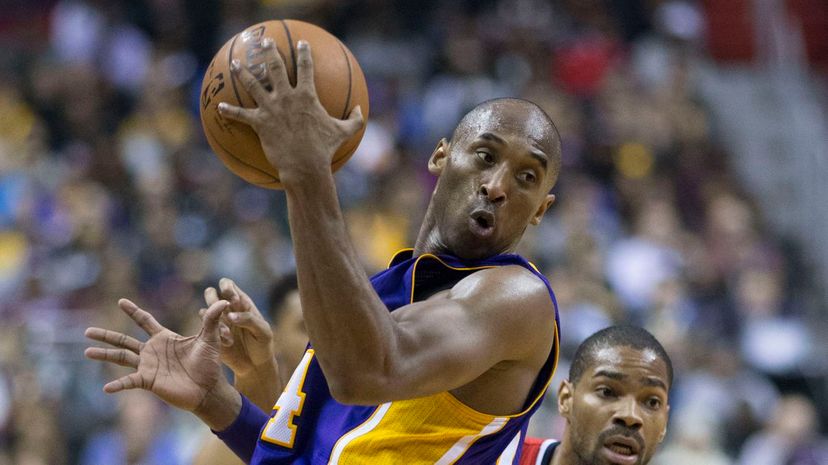
Kobe was unstoppable when he scored 81 points against the Toronto Raptors in 2006, as not a single defender on the court could stop him from scoring. The most unique part of the performance is that the Lakers needed every one of his points, as they didn't pull away until the fourth quarter.
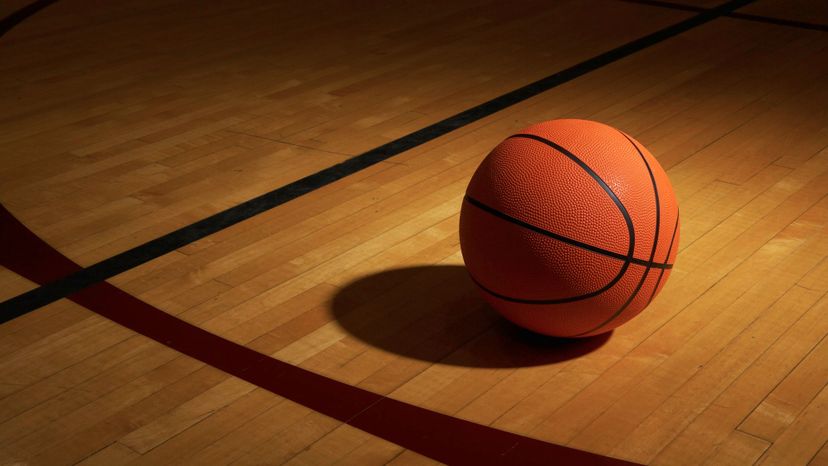
After Shaq was traded in 2004, the Lakers failed to put any real talent around Kobe for the next three seasons. Fearing he would never return to the Finals, Bryant requested a trade from the Lakers, but his request wasn't granted. Instead, the Lakers added Pau Gasol to bolster the roster.
Advertisement
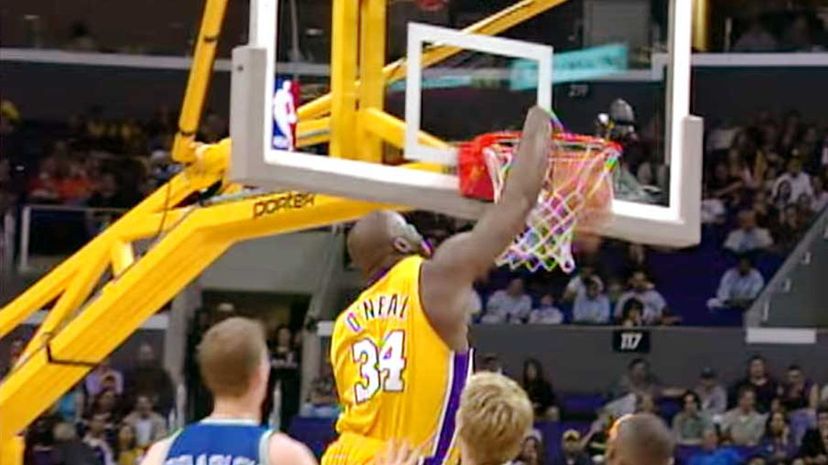
Shaq was definitely the force behind the Los Angeles Lakers' three straight championships, as he won the Finals MVP in each of those appearances. Though Kobe was grateful for the success, a divide eventually grew between O'Neal and himself because Bryant wanted to lead his own team.
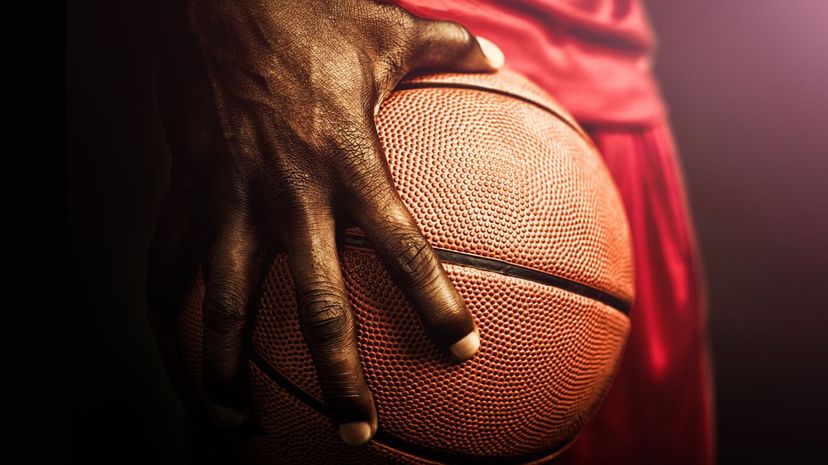
Considering Kobe modeled his game after Michael Jordan, it was an honor for him to pass the former legend on the all-time scoring list. For a few years, Bryant sat third on the list, but he was passed in 2020 by LeBron James.
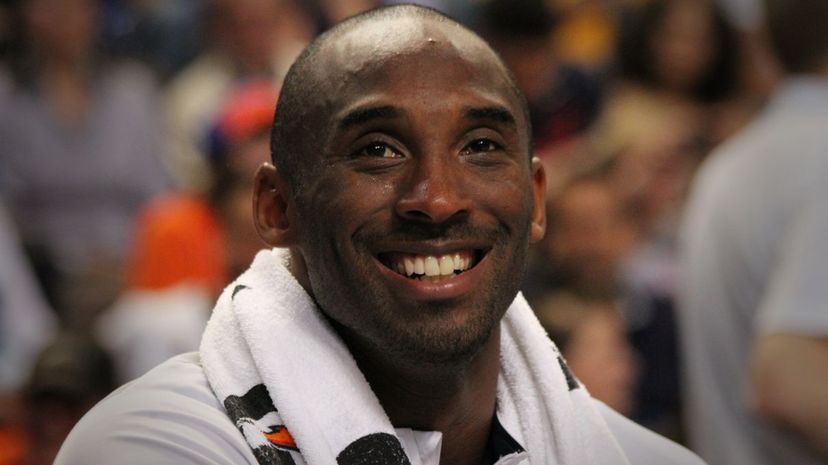
Led by Reggie Miller, the Indiana Pacers had been pushing on the door for a championship throughout the late '90s, and they finally had their opportunity in the 2000 NBA Finals. However, the Los Angeles Lakers were just too much, winning the title in six games behind the play of Kobe and Shaq.
Advertisement
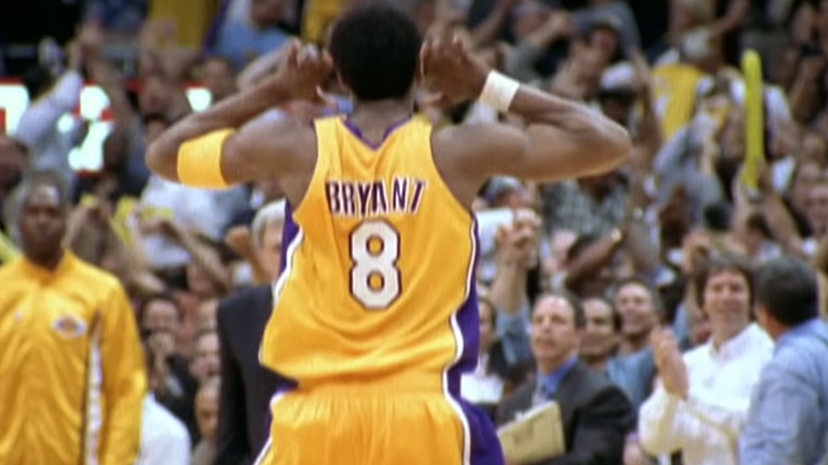
After parting ways in 2004, Kobe and Shaq teamed up once again to help the Western Conference defeat the Eastern Conference in the 2009 NBA All-Star Game. Bryant was the leading scorer for the West, scoring 27 points, while O'Neal scored 17 points and grabbed five rebounds in only 10 minutes.
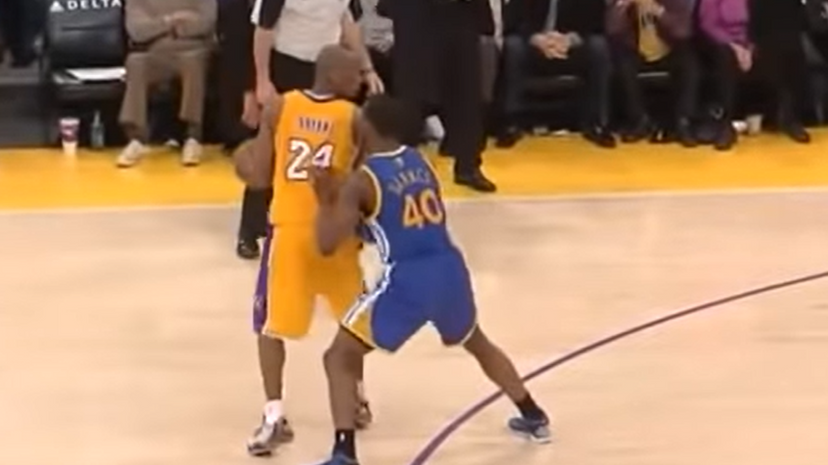
Kobe didn't like the direction that the Lakers were headed when he pushed aside his head coach in the 2012-13 season and took control of the team himself. The move worked because the Lakers reached the playoffs, but Bryant was playing over 40 minutes a game, which eventually caught up with him.
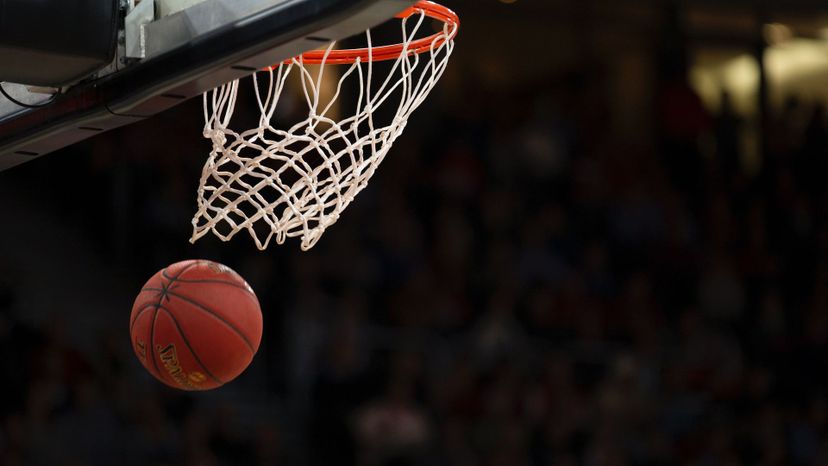
After a rough parting from Shaq, Kobe was desperate to prove that he could win a title of his own. It took him several seasons, but when he defeated the Orlando Magic in the 2009 NBA Finals, Bryant finally showed his star power by taking home the Finals MVP.
Advertisement
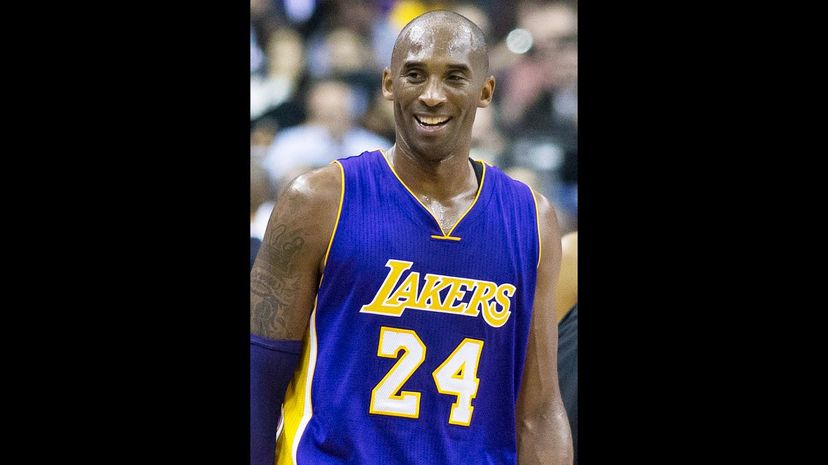
Year after year, Kobe was in the running for the NBA MVP award, but he ended his career with only one MVP in 2008. That season, he averaged 28.3 points, 6.3 rebounds and 5.4 assists.
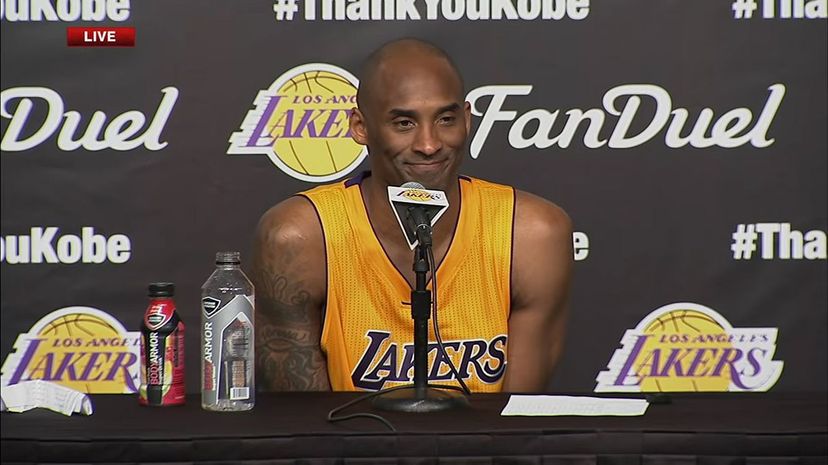
Following his basketball career, Kobe wrote and narrated his animated short film "Dear Basketball" in 2017. The film won the Academy Award for best animated short film, making Bryant the first professional athlete to win an Academy Award.
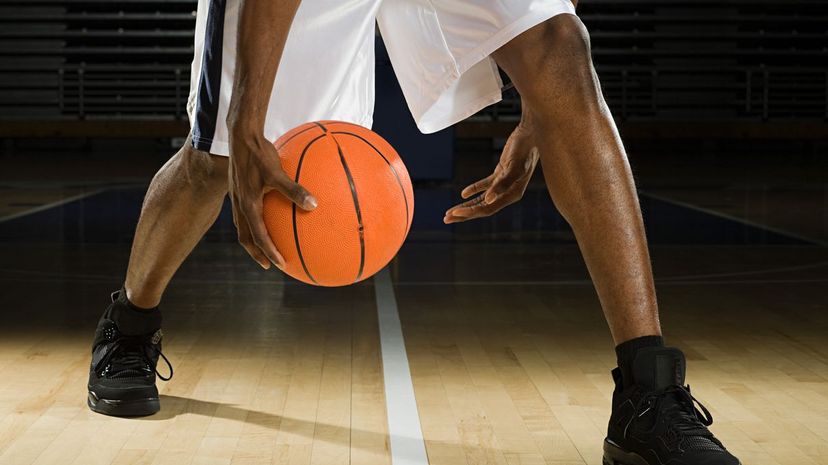
Phil Jackson retired from the Los Angeles Lakers following the 2010-11 season and was replaced by Mike Brown, who only lasted one year. Head coach Mike D'Antoni was brought in the next season, along with Dwight Howard and Steve Nash, to help the Lakers make a run at another title.
Advertisement
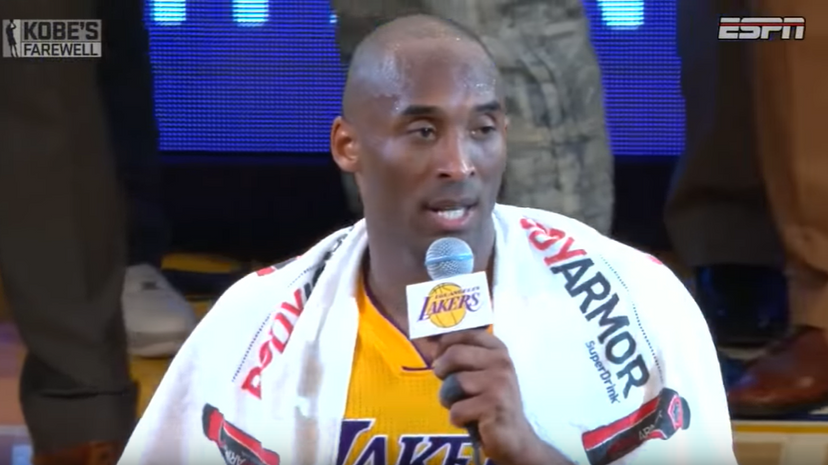
When Kobe retired in 2016, he had spent more time with the same team than any other player in NBA history, though he has since been passed by Dirk Nowitzki. During his final season, Bryant was honored by teams around the league who recognized the legacy he was leaving behind.
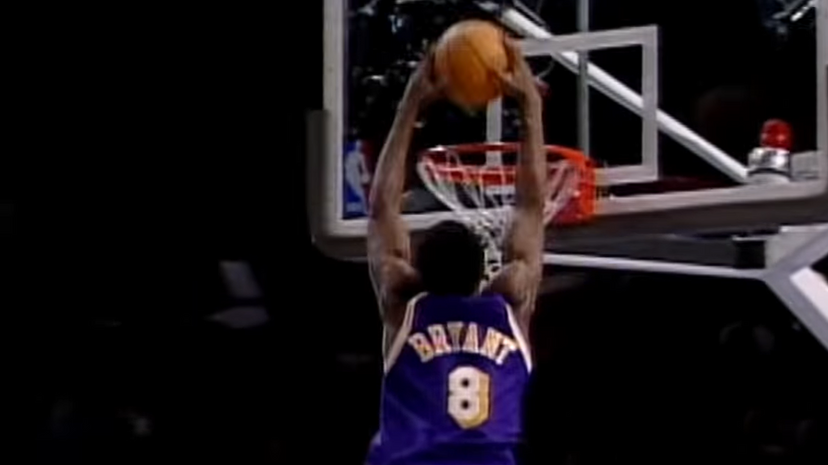
When Kobe played in the 1998 NBA All-Star Game, which took place in Madison Square Garden, he was only 19 years old and the youngest player to ever start in an All-Star Game. Bryant came to play, too, leading the Western Conference in scoring with 18 points.
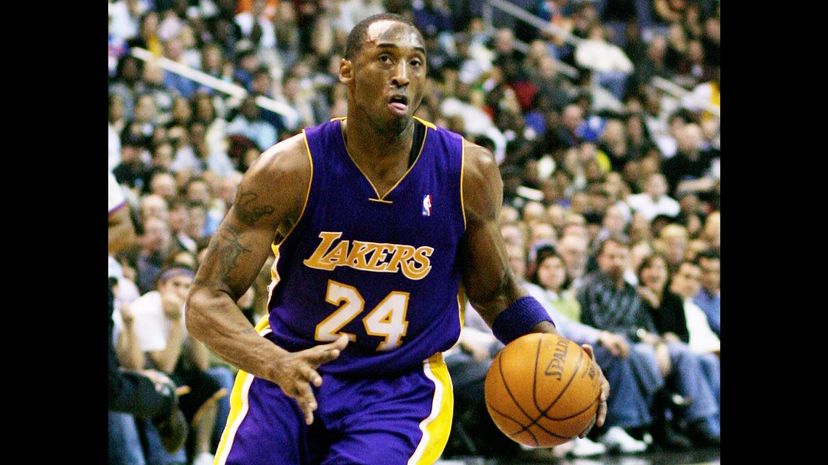
Kobe was only 18 years old when he participated in and won the 1997 NBA Slam Dunk Contest. That made him the youngest player to ever win the contest and set the stage for the stellar career that would follow.
Advertisement
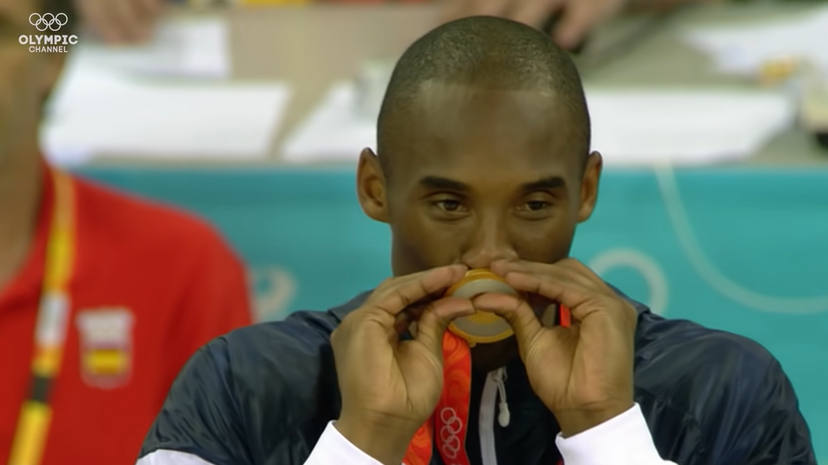
In 2008, the U.S. men's basketball team sought to redeem their loss in the 2004 Olympics, where they took home the bronze medal in a disappointing performance. To help them accomplish their goals, Kobe, perhaps the biggest star in the league at the time, was named the team captain.
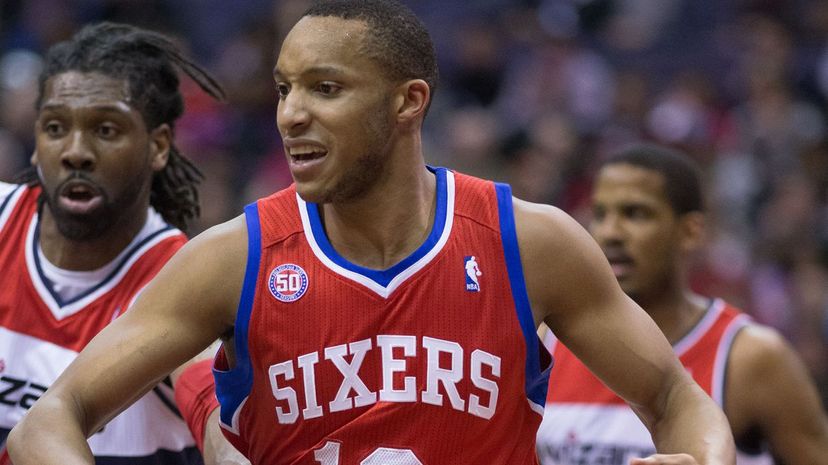
Since Kobe had another year of experience and Shaq was still the most dominant force in the NBA, the Philadelphia 76ers were heavily outmatched in the 2001 NBA Finals. That didn't stop Allen Iverson from stealing Game 1 in overtime by scoring a series-high 48 points.
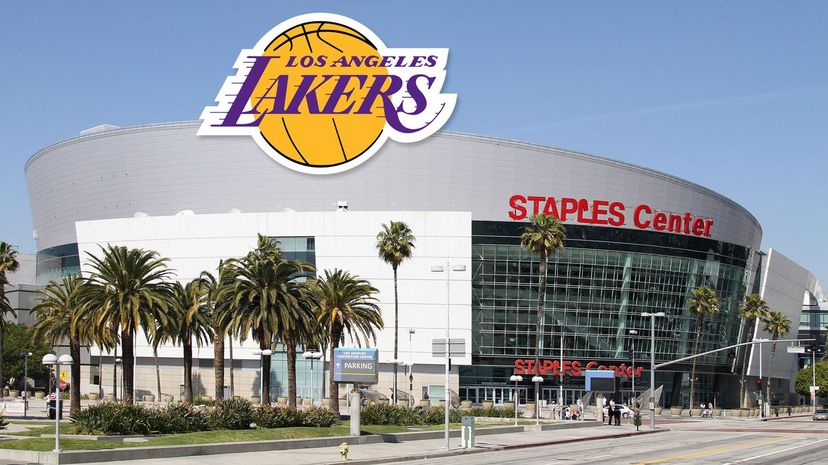
There were several highs and lows for Kobe during the 2006-07 season, as he racked up several high-scoring games along with some suspensions. One of his best games, though, came on March 16, 2007, when he scored 65 points to end a seven-game losing streak.
Advertisement
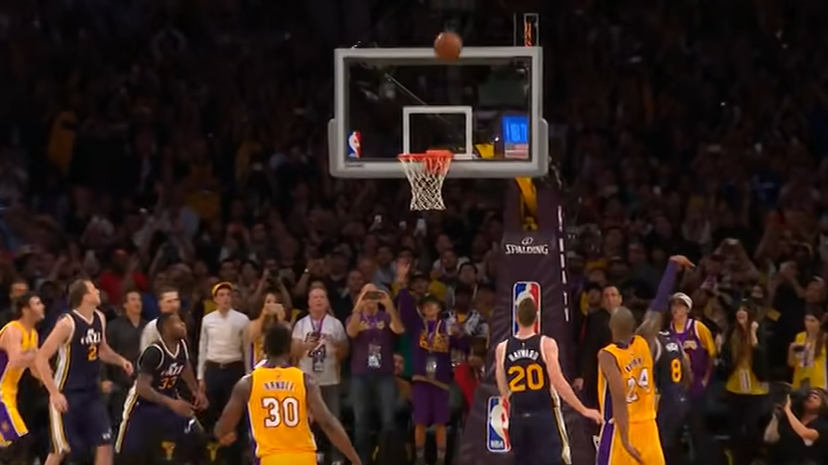
When Kobe finally retired after 20 seasons, the Los Angeles Lakers decided to honor his contributions by retiring both No. 8 and No. 24 in his honor. He's the only player in NBA history to have two numbers retired by the same team.
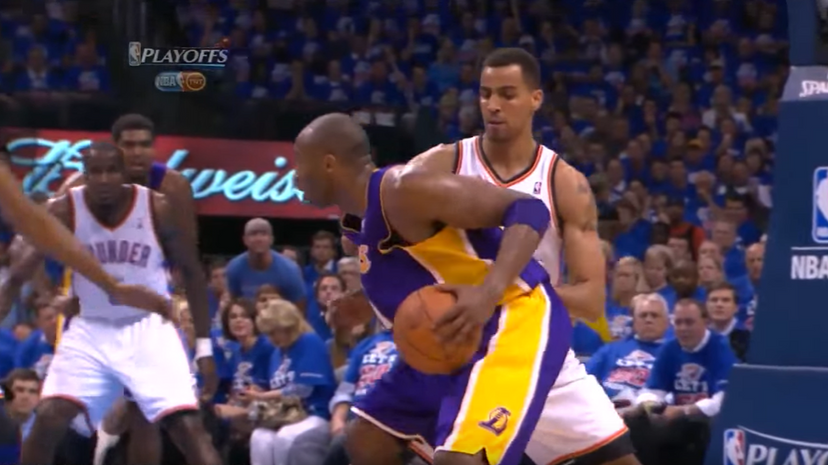
Kobe desperately wanted to match Michael Jordan with six NBA championships, but he was outmatched in the 2012 NBA Playoffs. The Lakers did reach the second round but lost in five games to the Oklahoma City Thunder.
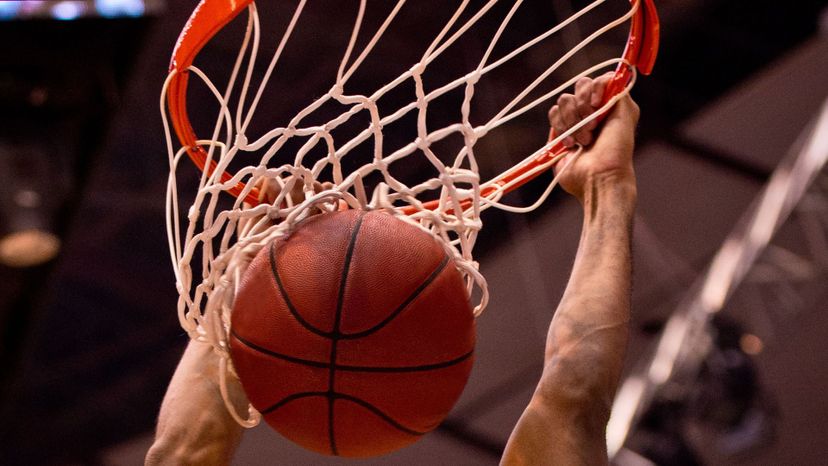
Kobe's 37 points in the 2011 NBA All-Star Game gave him his fourth and final All-Star Game MVP. Those four MVPs tied him with Bob Pettit for the most all-time in NBA history.
Advertisement
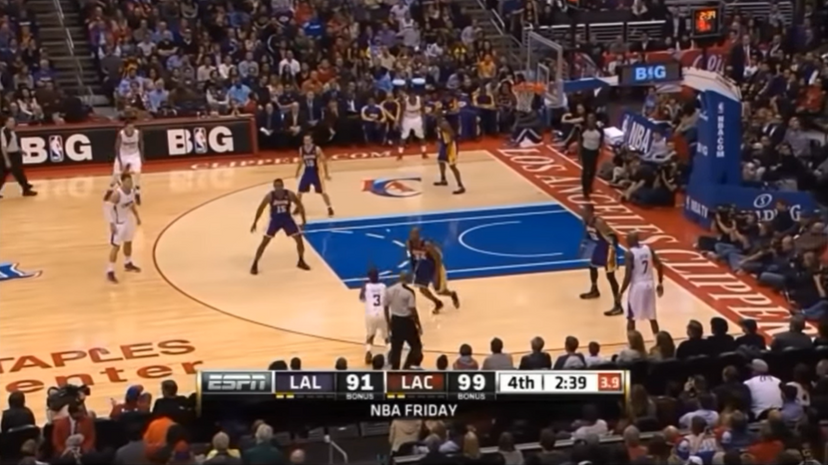
Throughout the 2000s, the biggest offensive stars didn't always get it done on the defensive side of the ball. That wasn't the case for Kobe, who was never afraid to take the toughest defensive assignment and impose his will along the way.
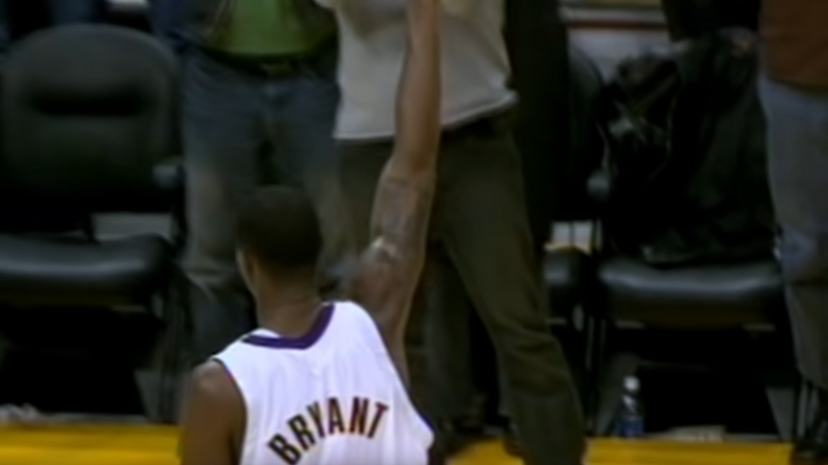
Jerry West was instrumental to Kobe Bryant's career and was a major reason Bryant ended up on the team coming out of high school in 1996. At the time, West served as the general manager of the Lakers, and he remained in this capacity until 2002.
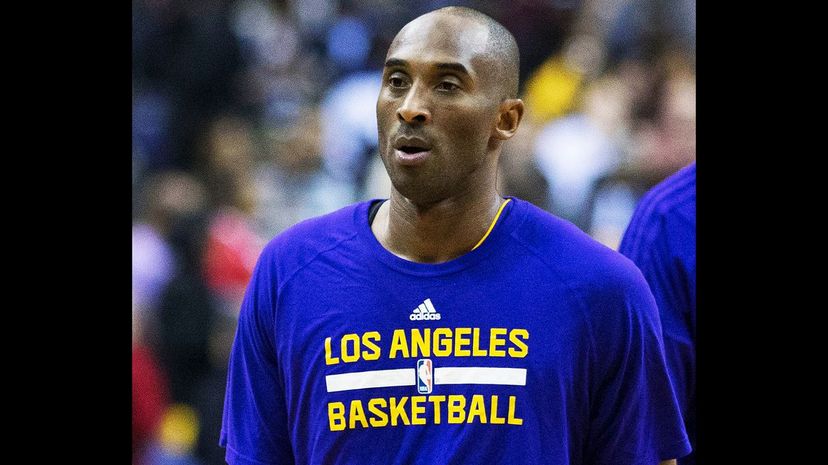
LeBron James was a young buck in the league, playing only his third NBA season, when he averaged 31.4 points per game in 2005-06. However, his incredible scoring total wasn't enough for him to edge out Kobe, who was on a tear that season as he racked up 27 40-plus point games.
Advertisement
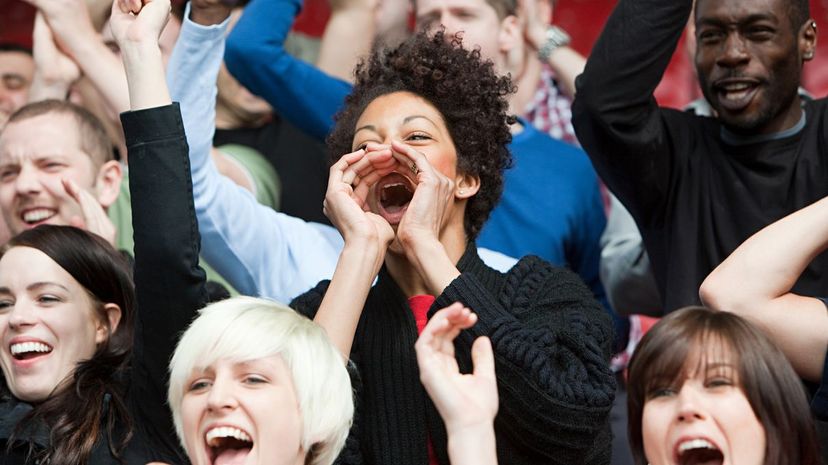
After making his first All-Star Game in 1998, Kobe never missed another All-Star Game for the rest of his career. He currently holds the record for the most consecutive All-Star Games without missing one.
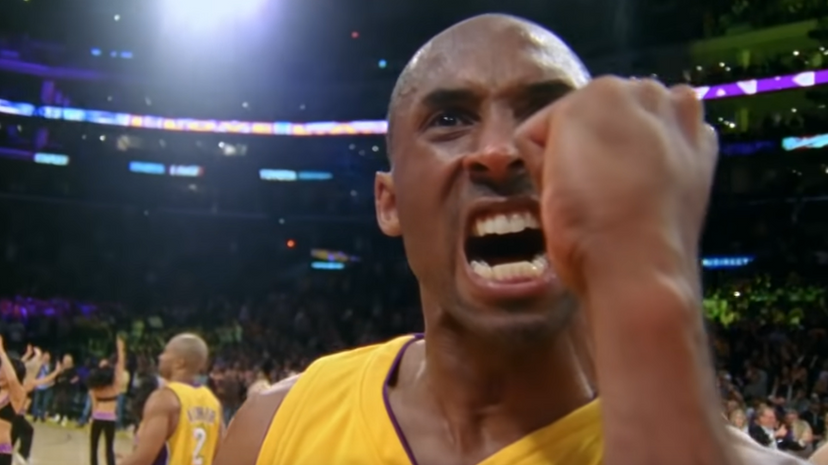
Kobe was always an elite scorer in the NBA, but his back to back scoring titles in 2006 and 2007 came at a time when he was the only major star on the Los Angeles Lakers. In neither of those seasons did the Lakers make a deep playoff push, but fans were happy to show up just to see Bryant on the court.
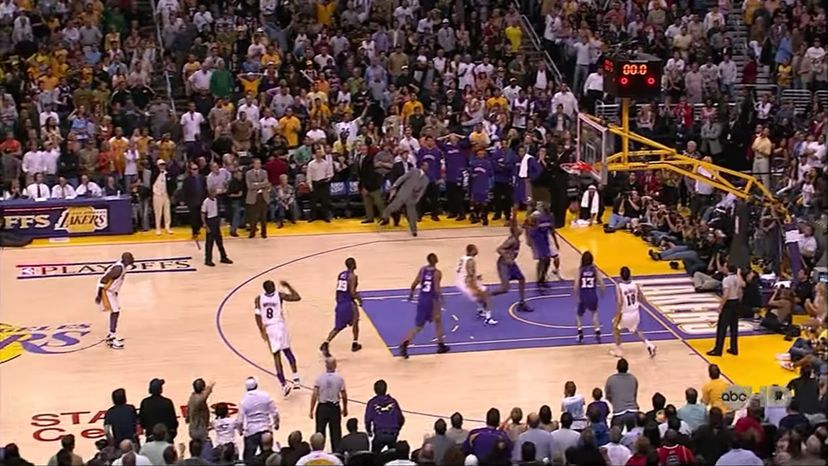
The 2002 NBA All-Star Game took place in Philadelphia, where the Los Angeles Lakers defeated the 76ers in the Finals the year prior. For that reason, the crowd booed Kobe all game, but he still scored 31 points to take home the MVP.
Advertisement
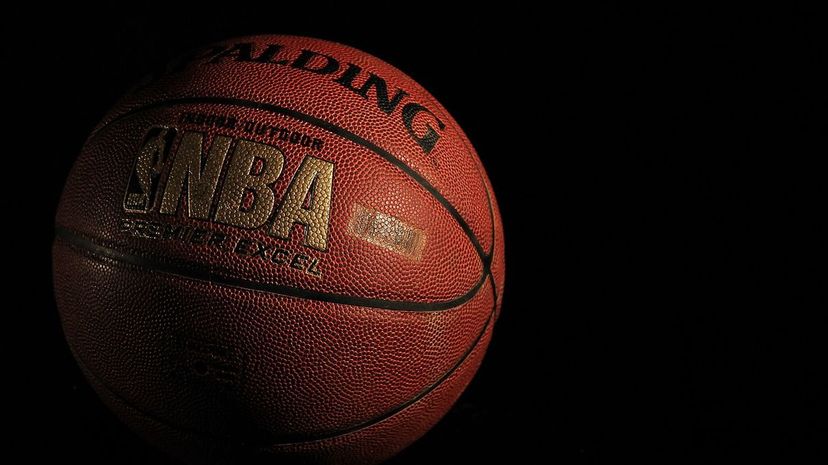
Kobe took home his second Finals MVP in 2010 after the Los Angeles Lakers defeated the Boston Celtics in a tough seven-game series. In the series, Bryant averaged 28.6 points, eight rebounds and 3.9 assists.
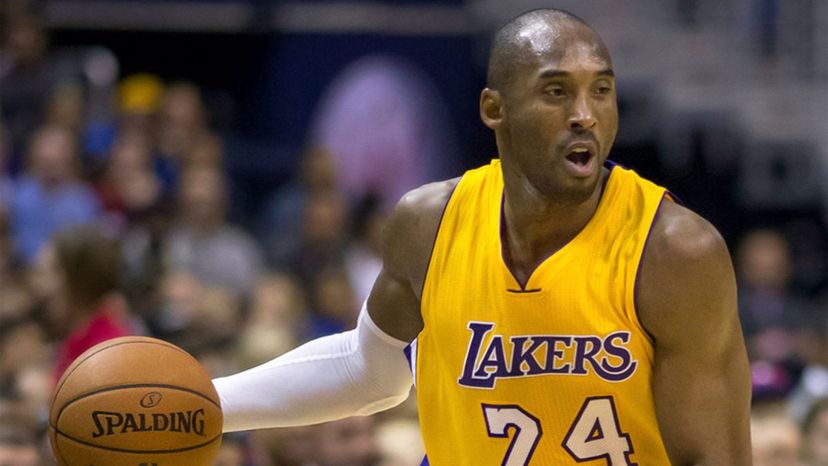
Kobe only started in seven games during his first two seasons in the NBA, but by his third year, he was ready to take on the starting shooting guard role for the Los Angeles Lakers. In his first season as a full-time starter, Bryant averaged 19.9 points, 5.3 rebounds and 3.8 assists per game.